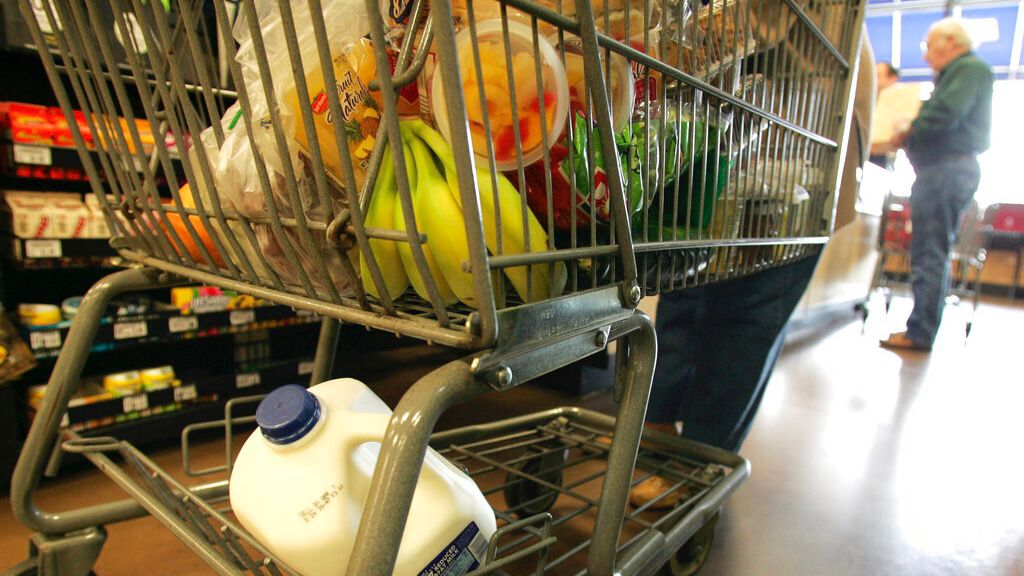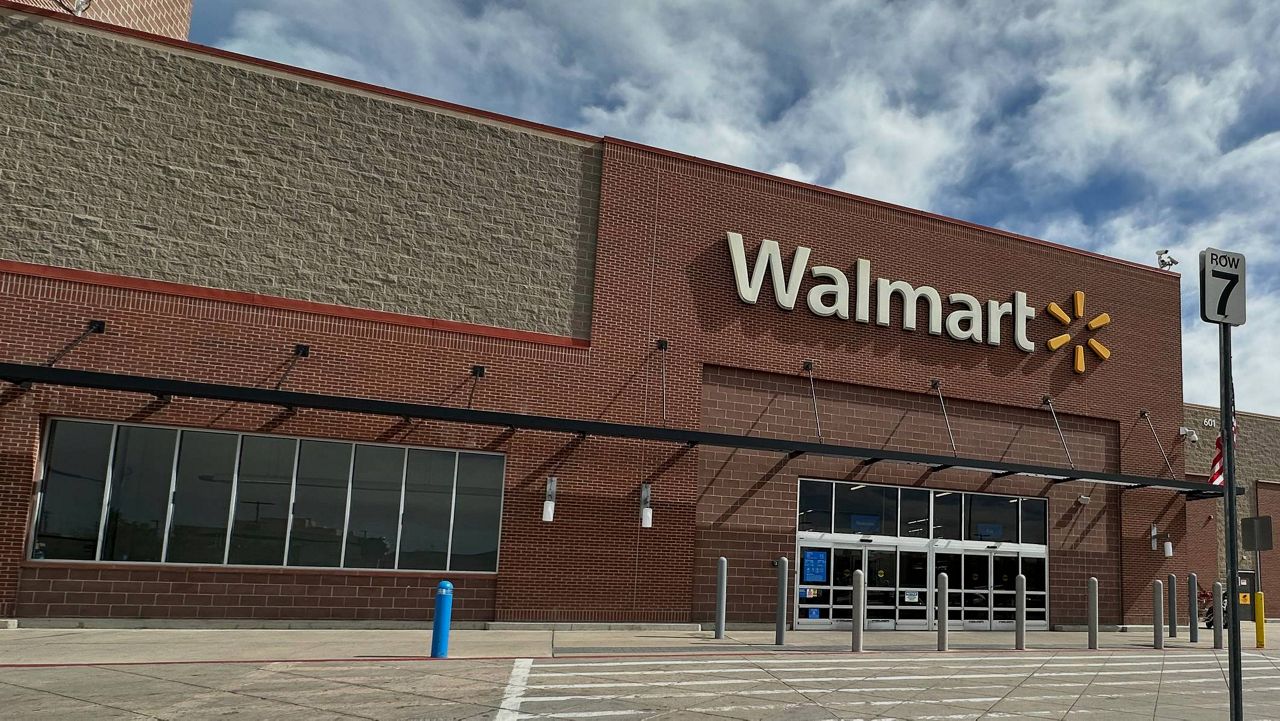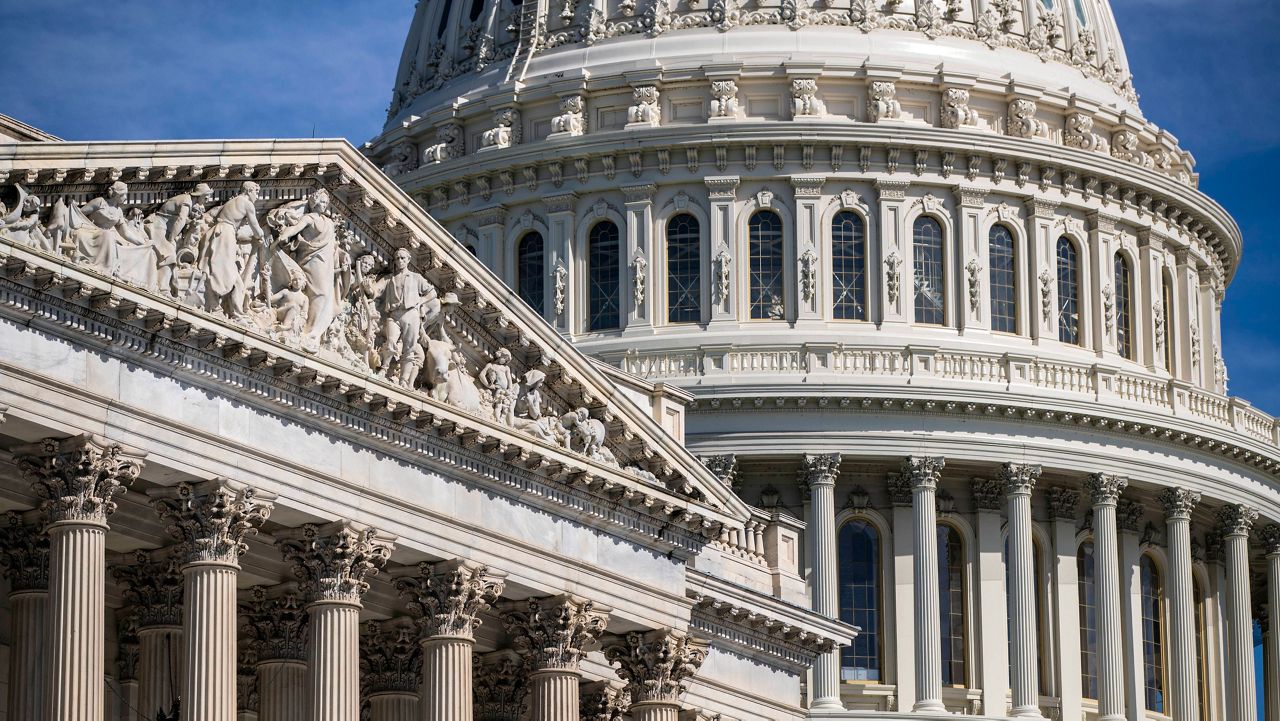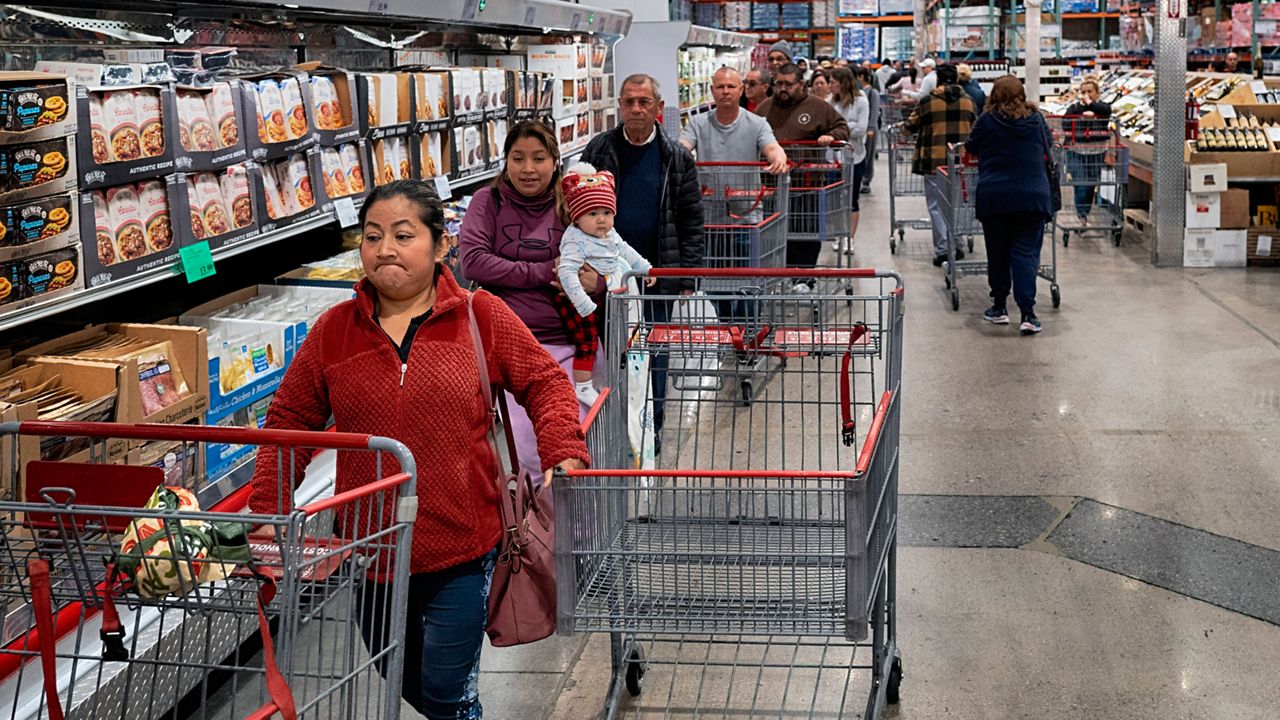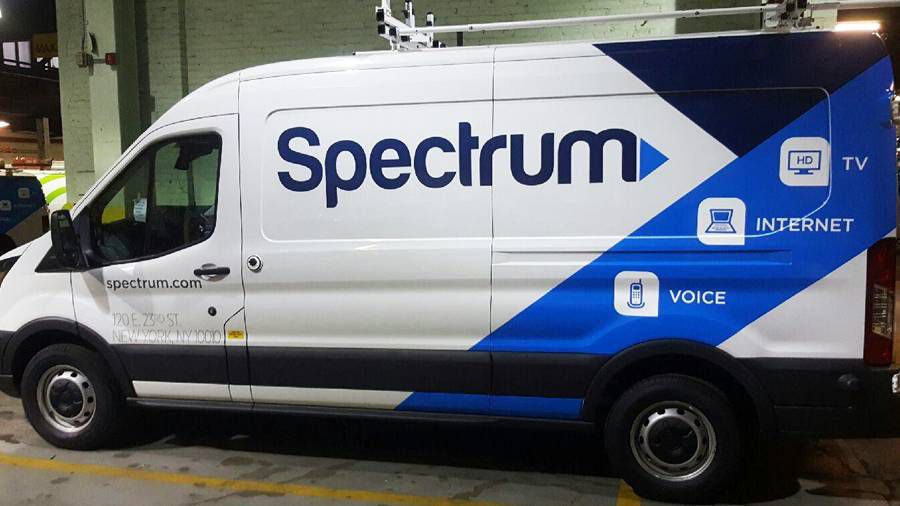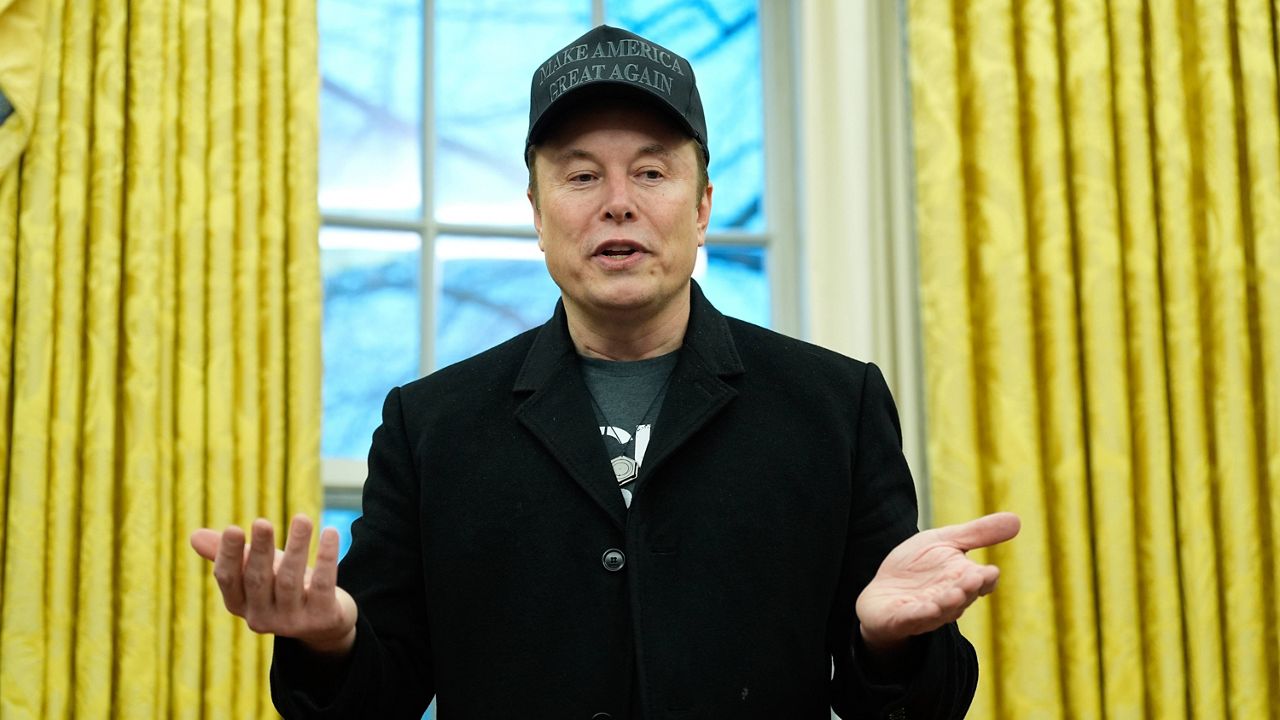One of the nation’s largest grocery store chains has been overcharging customers, Consumer Reports alleged in a report released Wednesday. The nonprofit organization said Kroger has been charging shoppers full price for items that were on sale or advertised as discounted.
The investigation stemmed from a labor dispute among Kroger workers in Colorado, who alleged widespread pricing errors on labels. Working with reporters from the Guardian and the Food & Environment Reporting Network, Consumer Reports recruited people to shop at 26 Kroger and Kroger-owned stores in 14 states and the District of Columbia from March through May. The stores included Ralphs, Fry’s, Fred Meyer and Harris Teeter.
According to the shoppers, expired price labels caused at least 150 grocery items to cost more at checkout, including Cheerios, Nescafe instant coffee, dog food and meats such as boneless beef and salmon. They reported that one third of the expired price tags were out of date by ten days or more. Customers were overcharged an average of $1.70 per item.
“Kroger is committed to affordable and accurate pricing, and we conduct robust price check processes that review millions of items weekly to ensure our shelf prices are accurate,” a Kroger spokesperson told Spectrum News. “The complaint noted by Consumer Reports included a few dozen examples across several years out of billions of customer transactions annually. While any error is unacceptable, the characterization of widespread pricing concerns is patently false.”
The spokesperson for the country’s second-largest grocery store chain, with 2,700 locations in 35 states, said Kroger has a “make it right” policy for its employees to address “any situation when we unintentionally fall short of a customer’s expectations.”
In its investigation, Consumer Reports cited claims from Kroger employees who said company staff cuts meant fewer people could switch out price labels and keep them up to date. The Kroger spokesperson said the company has not reduced its standards or labor hours.
Kroger isn’t the only major national grocery chain to face charges of deceptive pricing. Last year, Walmart agreed to a $45 million settlement in a class-action lawsuit that alleged the company overstated product weighs and overcharged customers for discounted items. Walmart is the largest grocer in the United States, according to FoodIndustry.com
Costco was also the subject of a class action lawsuit in 2024, when customers claimed the company violated its own pricing policies by charging more for items online than in store.





